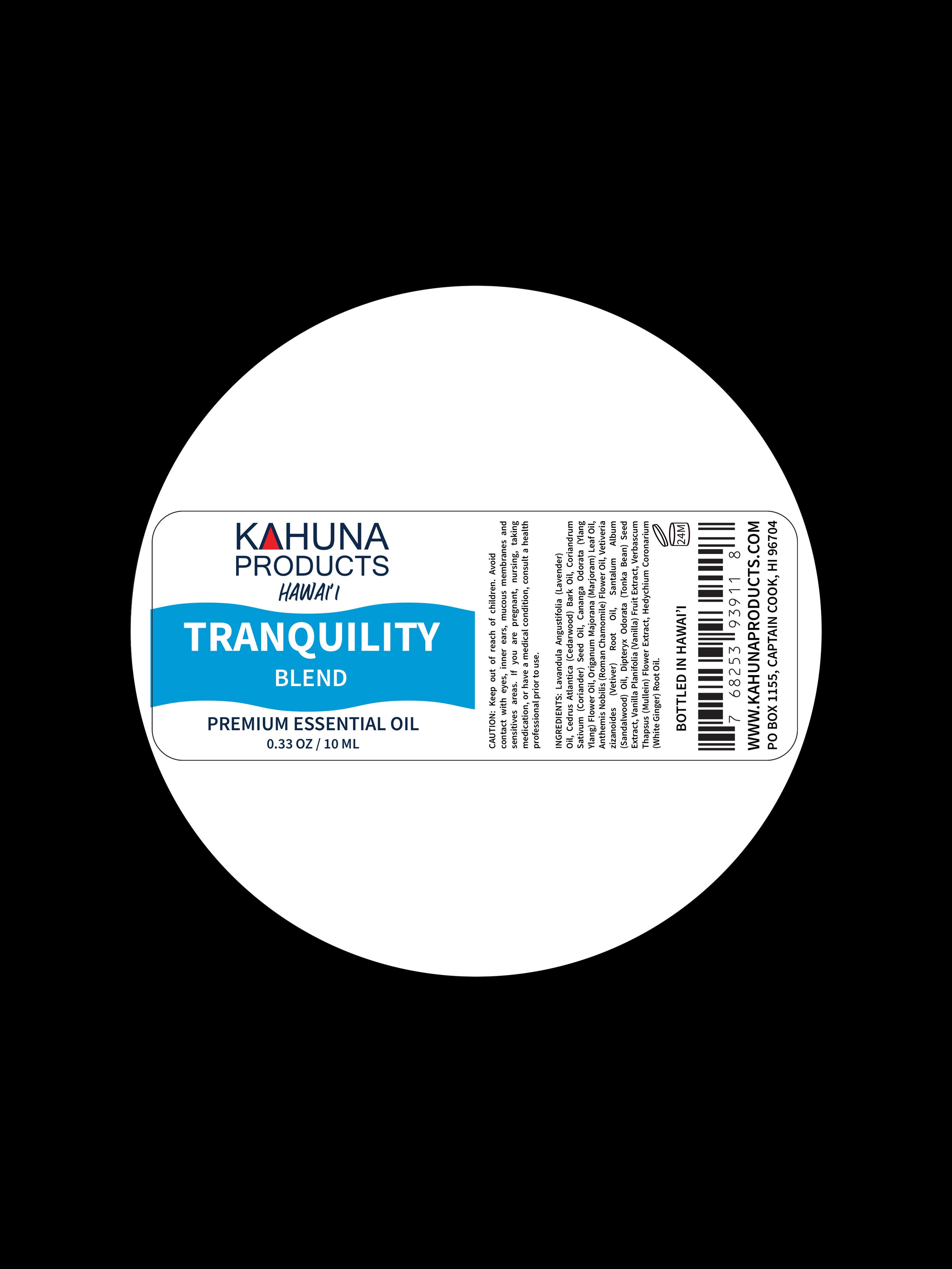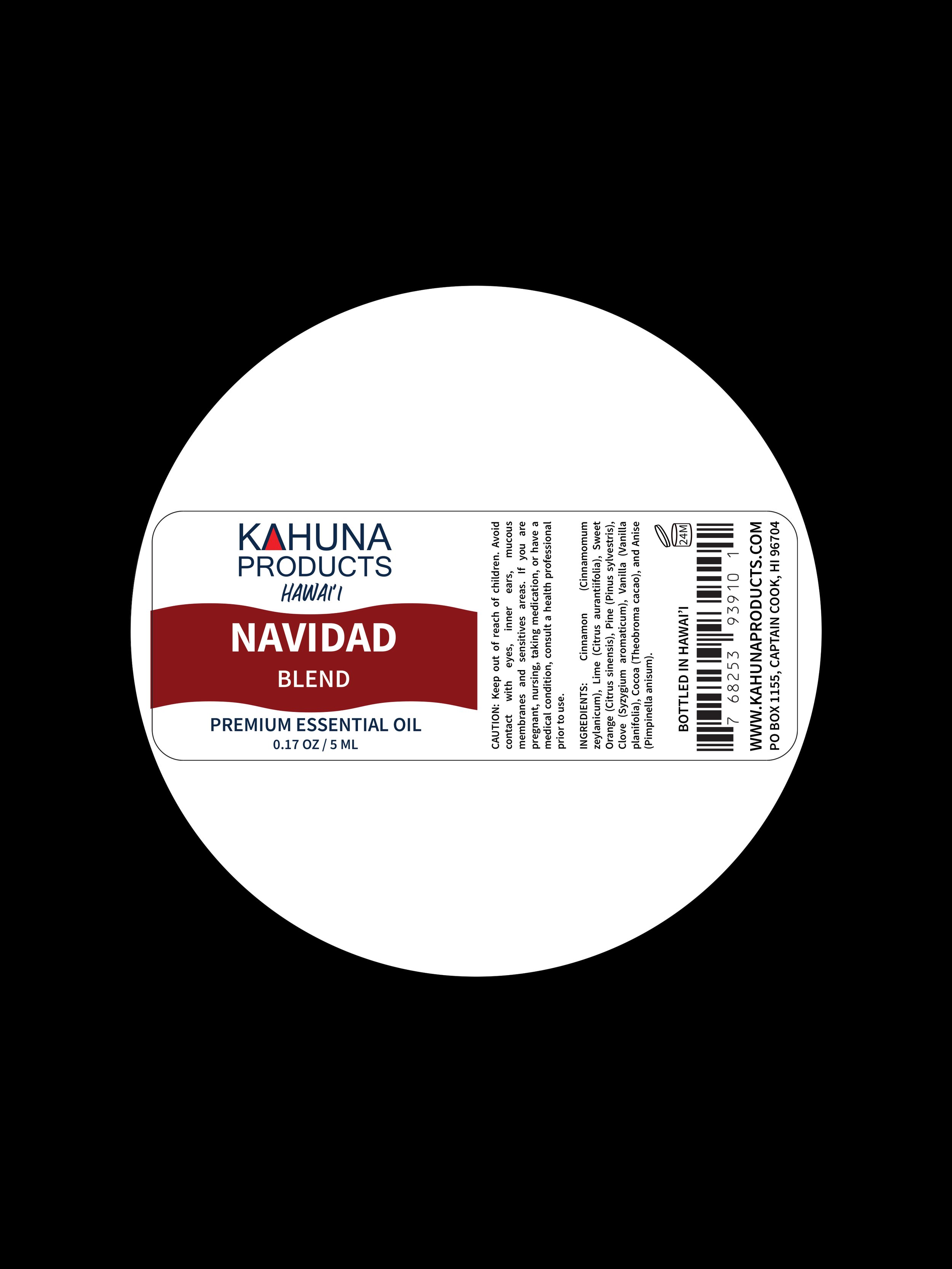CURCUMA AROMATICA (WILD TURMERIC) ESSENTIAL OIL
Curcuma aromatica, commonly known as wild turmeric, is a species of turmeric native to India. Its essential oil is extracted from the rhizomes and is known for its unique aroma and various therapeutic properties. Here are the key benefits and uses of Curcuma aromatica essential oil in aromatherapy:
Benefits of Curcuma Aromatica Essential Oil
Anti-inflammatory Properties:
The essential oil of Curcuma aromatica has strong anti-inflammatory properties. It can help reduce inflammation and is useful in managing conditions such as arthritis and muscle pain.
Antimicrobial and Antifungal:
It possesses antimicrobial and antifungal properties, making it effective in treating skin infections, wounds, and preventing fungal growth.
Antioxidant Effects:
The oil is rich in antioxidants, which help neutralize free radicals and protect the skin from oxidative stress and aging.
Skin Health:
It is beneficial for various skin conditions, including acne, eczema, and psoriasis. It can also help in reducing scars and blemishes.
Digestive Health:
The oil can aid in digestion by stimulating the production of digestive enzymes and reducing bloating and gas.
Anti-cancer Potential:
Some studies suggest that curcumin, a major component of Curcuma aromatica, has anti-cancer properties and can help inhibit the growth of cancer cells.
Aromatherapy Uses of Curcuma Aromatica Essential Oil
Relaxation and Stress Relief:
The soothing aroma of wild turmeric essential oil helps in reducing stress and anxiety. It can be used in diffusers or added to bath water for a calming effect.
Respiratory Health:
Inhalation of the essential oil can help clear respiratory passages, making it useful for conditions such as colds, coughs, and bronchitis.
Pain Relief:
When used in massage oils, Curcuma aromatica essential oil can help alleviate muscle and joint pain due to its anti-inflammatory properties.
Immune Support:
The oil can be used to boost the immune system, helping the body to fight off infections and illnesses more effectively.
Improving Mood:
The warm and earthy scent of the oil can uplift the mood and enhance emotional well-being, making it a popular choice for use in diffusers and personal inhalers.
How to Use Curcuma Aromatica Essential Oil
Diffusion:
Add a few drops of the essential oil to a diffuser to purify the air, promote relaxation, and enhance respiratory health.
Topical Application:
Dilute with a carrier oil (such as coconut or jojoba oil) before applying to the skin to treat infections, reduce inflammation, and improve skin health.
Bath Soak:
Add a few drops to bath water for a relaxing soak that soothes sore muscles and enhances skin health.
Massage:
Mix with a carrier oil for a therapeutic massage that alleviates pain, reduces inflammation, and promotes relaxation.
Inhalation:
Add a drop or two to a bowl of hot water and inhale the steam, or use in personal inhalers to support respiratory health and reduce stress.
Precautions
Dilution: Always dilute the essential oil with a carrier oil before applying it to the skin to prevent irritation.
Patch Test: Perform a patch test to ensure there is no allergic reaction.
Pregnancy and Nursing: Consult a healthcare professional before use during pregnancy or while nursing.
Children: Use with caution on children and consult a pediatrician prior to use.
Curcuma aromatica essential oil, with its diverse therapeutic properties and warm, earthy aroma, is a valuable addition to any aromatherapy collection.
ChatGPT can make
Curcuma aromatica, commonly known as wild turmeric, is a species of turmeric native to India. Its essential oil is extracted from the rhizomes and is known for its unique aroma and various therapeutic properties. Here are the key benefits and uses of Curcuma aromatica essential oil in aromatherapy:
Benefits of Curcuma Aromatica Essential Oil
Anti-inflammatory Properties:
The essential oil of Curcuma aromatica has strong anti-inflammatory properties. It can help reduce inflammation and is useful in managing conditions such as arthritis and muscle pain.
Antimicrobial and Antifungal:
It possesses antimicrobial and antifungal properties, making it effective in treating skin infections, wounds, and preventing fungal growth.
Antioxidant Effects:
The oil is rich in antioxidants, which help neutralize free radicals and protect the skin from oxidative stress and aging.
Skin Health:
It is beneficial for various skin conditions, including acne, eczema, and psoriasis. It can also help in reducing scars and blemishes.
Digestive Health:
The oil can aid in digestion by stimulating the production of digestive enzymes and reducing bloating and gas.
Anti-cancer Potential:
Some studies suggest that curcumin, a major component of Curcuma aromatica, has anti-cancer properties and can help inhibit the growth of cancer cells.
Aromatherapy Uses of Curcuma Aromatica Essential Oil
Relaxation and Stress Relief:
The soothing aroma of wild turmeric essential oil helps in reducing stress and anxiety. It can be used in diffusers or added to bath water for a calming effect.
Respiratory Health:
Inhalation of the essential oil can help clear respiratory passages, making it useful for conditions such as colds, coughs, and bronchitis.
Pain Relief:
When used in massage oils, Curcuma aromatica essential oil can help alleviate muscle and joint pain due to its anti-inflammatory properties.
Immune Support:
The oil can be used to boost the immune system, helping the body to fight off infections and illnesses more effectively.
Improving Mood:
The warm and earthy scent of the oil can uplift the mood and enhance emotional well-being, making it a popular choice for use in diffusers and personal inhalers.
How to Use Curcuma Aromatica Essential Oil
Diffusion:
Add a few drops of the essential oil to a diffuser to purify the air, promote relaxation, and enhance respiratory health.
Topical Application:
Dilute with a carrier oil (such as coconut or jojoba oil) before applying to the skin to treat infections, reduce inflammation, and improve skin health.
Bath Soak:
Add a few drops to bath water for a relaxing soak that soothes sore muscles and enhances skin health.
Massage:
Mix with a carrier oil for a therapeutic massage that alleviates pain, reduces inflammation, and promotes relaxation.
Inhalation:
Add a drop or two to a bowl of hot water and inhale the steam, or use in personal inhalers to support respiratory health and reduce stress.
Precautions
Dilution: Always dilute the essential oil with a carrier oil before applying it to the skin to prevent irritation.
Patch Test: Perform a patch test to ensure there is no allergic reaction.
Pregnancy and Nursing: Consult a healthcare professional before use during pregnancy or while nursing.
Children: Use with caution on children and consult a pediatrician prior to use.
Curcuma aromatica essential oil, with its diverse therapeutic properties and warm, earthy aroma, is a valuable addition to any aromatherapy collection.
ChatGPT can make
Curcuma aromatica, commonly known as wild turmeric, is a species of turmeric native to India. Its essential oil is extracted from the rhizomes and is known for its unique aroma and various therapeutic properties. Here are the key benefits and uses of Curcuma aromatica essential oil in aromatherapy:
Benefits of Curcuma Aromatica Essential Oil
Anti-inflammatory Properties:
The essential oil of Curcuma aromatica has strong anti-inflammatory properties. It can help reduce inflammation and is useful in managing conditions such as arthritis and muscle pain.
Antimicrobial and Antifungal:
It possesses antimicrobial and antifungal properties, making it effective in treating skin infections, wounds, and preventing fungal growth.
Antioxidant Effects:
The oil is rich in antioxidants, which help neutralize free radicals and protect the skin from oxidative stress and aging.
Skin Health:
It is beneficial for various skin conditions, including acne, eczema, and psoriasis. It can also help in reducing scars and blemishes.
Digestive Health:
The oil can aid in digestion by stimulating the production of digestive enzymes and reducing bloating and gas.
Anti-cancer Potential:
Some studies suggest that curcumin, a major component of Curcuma aromatica, has anti-cancer properties and can help inhibit the growth of cancer cells.
Aromatherapy Uses of Curcuma Aromatica Essential Oil
Relaxation and Stress Relief:
The soothing aroma of wild turmeric essential oil helps in reducing stress and anxiety. It can be used in diffusers or added to bath water for a calming effect.
Respiratory Health:
Inhalation of the essential oil can help clear respiratory passages, making it useful for conditions such as colds, coughs, and bronchitis.
Pain Relief:
When used in massage oils, Curcuma aromatica essential oil can help alleviate muscle and joint pain due to its anti-inflammatory properties.
Immune Support:
The oil can be used to boost the immune system, helping the body to fight off infections and illnesses more effectively.
Improving Mood:
The warm and earthy scent of the oil can uplift the mood and enhance emotional well-being, making it a popular choice for use in diffusers and personal inhalers.
How to Use Curcuma Aromatica Essential Oil
Diffusion:
Add a few drops of the essential oil to a diffuser to purify the air, promote relaxation, and enhance respiratory health.
Topical Application:
Dilute with a carrier oil (such as coconut or jojoba oil) before applying to the skin to treat infections, reduce inflammation, and improve skin health.
Bath Soak:
Add a few drops to bath water for a relaxing soak that soothes sore muscles and enhances skin health.
Massage:
Mix with a carrier oil for a therapeutic massage that alleviates pain, reduces inflammation, and promotes relaxation.
Inhalation:
Add a drop or two to a bowl of hot water and inhale the steam, or use in personal inhalers to support respiratory health and reduce stress.
Precautions
Dilution: Always dilute the essential oil with a carrier oil before applying it to the skin to prevent irritation.
Patch Test: Perform a patch test to ensure there is no allergic reaction.
Pregnancy and Nursing: Consult a healthcare professional before use during pregnancy or while nursing.
Children: Use with caution on children and consult a pediatrician prior to use.
Curcuma aromatica essential oil, with its diverse therapeutic properties and warm, earthy aroma, is a valuable addition to any aromatherapy collection.
ChatGPT can make
-
INCI NAME: Curcuma Aromatica Root Oil.
ORIGIN: India. Bottled in Hawai’i.
PART USED: Rhizomes.
EXTRACTION METHOD: Steam Distilled Essential Oil.
NOTE CLASSIFICATION: Middle to Top Note.
-
Curcuma aromatica (wild turmeric) essential oil blends well with a variety of other essential oils, enhancing both its therapeutic properties and its aromatic profile. Here are some essential oils that blend well with Curcuma aromatica:
Citrus Oils:
Lemon: Adds a fresh, uplifting note and enhances the oil's cleansing properties.
Orange: Complements the warm, earthy scent with a sweet, fruity aroma.
Grapefruit: Provides a zesty, invigorating aroma that pairs well with the warm undertones of wild turmeric.
Floral Oils:
Lavender: Enhances relaxation and stress relief while adding a floral, calming scent.
Geranium: Balances the blend with a sweet, floral fragrance and supports skin health.
Ylang Ylang: Adds a sweet, exotic note and promotes relaxation and emotional well-being.
Spice Oils:
Ginger: Complements the warm, spicy aroma of wild turmeric and enhances its anti-inflammatory properties.
Cinnamon: Adds a sweet, spicy warmth to the blend, enhancing its uplifting and invigorating effects.
Clove: Provides a strong, spicy note that pairs well with the earthy scent of turmeric and boosts antimicrobial properties.
Woodsy and Earthy Oils:
Cedarwood: Adds a grounding, woody aroma that enhances relaxation and emotional balance.
Sandalwood: Complements the earthy tones with a rich, woody scent and promotes calmness and meditation.
Patchouli: Adds a deep, earthy note and supports skin health and emotional grounding.
Herbaceous Oils:
Rosemary: Adds a fresh, herbaceous aroma that enhances mental clarity and focus.
Thyme: Provides a strong, herbal scent that boosts the antimicrobial and immune-supporting properties.
Eucalyptus: Complements the oil with a fresh, camphorous note and supports respiratory health.
Blending Tips
Balancing the Scent: Start with a small amount of each oil and adjust according to your preference. The warm, earthy aroma of Curcuma aromatica can be strong, so a few drops often suffice.
Dilution: When creating blends for topical use, always dilute with a carrier oil to avoid skin irritation.
Synergy: Consider the therapeutic properties you wish to enhance. For example, blend with lavender for relaxation, or with eucalyptus for respiratory support.
Testing: Create a small batch first to ensure you like the combination before making larger quantities.
Example Blends
Relaxing Blend:
2 drops Curcuma aromatica
3 drops Lavender
2 drops Ylang Ylang
Energizing Blend:
2 drops Curcuma aromatica
3 drops Orange
2 drops Ginger
Grounding Blend:
2 drops Curcuma aromatica
3 drops Sandalwood
2 drops Patchouli
Respiratory Support Blend:
2 drops Curcuma aromatica
3 drops Eucalyptus
2 drops Rosemary
Immune Boosting Blend:
2 drops Curcuma aromatica
3 drops Lemon
2 drops Thyme
Experimenting with different combinations can help you find the perfect blend to suit your needs and preferences.
-
They can be inhaled directly from the bottle, diffuser, or humidifier.
They should be diluted with a carrier oil when applied to your skin. We suggest a 4% dilution rate.
You can also add them to your favorite skincare products.
Essential oils are not safe for consumption unless you are under a health practitioner's guidance.
-
100% Pure Essential Oil.
Unrefined, Undiluted, No Fillers, No Synthetics, Organic, and Sustainably sourced.
-
0.33 oz / 10 ml
Amber glass bottle with euro dropper.
-
Keep out of reach of children. The bottles are a choking hazard. Avoid contact with eyes, inner ears, mucous membranes, and sensitive areas. If you are pregnant, nursing, taking medication, or have a medical condition, consult a health professional prior to use.
Animals are more sensitive to certain scents; consider your pets while choosing essential oils.
While not all essential oils have the same effect on everyone, the key is finding which ones work best for you. You are the individual and know what is best for you. So experiment and find your path.
The products described on this website are not intended to diagnose, treat or prevent any disease or to affect any structure or function of the skin or body. The information on this website is not medical advice and is not a substitute for consulting with a healthcare provider.








